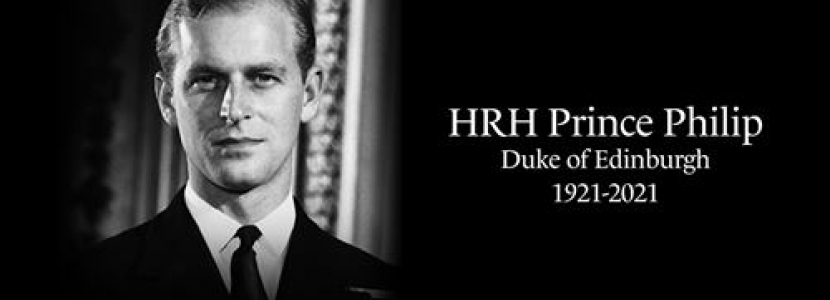
The death of the Duke of Edinburgh last week at the age of 99 was a great sadness for many beyond his family and friends. His was a life remarkable for its length and for its content. He served this country in uniform during the Second World War, in the support he gave to numerous organisations, not least the Awards scheme for young people that bears his name and over 900 charities, and in the even more numerous engagements he completed in decades of public life. The more irascible side of his nature and his overriding sense of duty would doubtless both have caused him to object to the level of recognition and tribute he has received since his death, but that makes him no less deserving of it.
I am one of many who believe however that his greatest contribution to the life of the nation is likely to be in what he has done away from the public gaze. His support for the longest-serving monarch in our history has undoubtedly helped her to be a better monarch at difficult times and at times of great change. I understand of course that not everyone reading this is a monarchist or a supporter of our constitutional settlement, but I think the response to the Duke’s death has been striking in its demonstration of just how much the monarchy means to so many of us. The Duke of Edinburgh is celebrated as the greatest supporter of Her Majesty the Queen by all those who support her in lesser ways. We know that royalty is not sainthood and that monarchy does not require worship, but there is something special in lives of understated service, and something valuable in a head of state who does not take a political side. Just ask the many Americans who have struggled recently to support a Head of State with whose political positions they have profoundly disagreed. The life of the Duke of Edinburgh has been almost as much of a testament to the value of constitutional monarchy as the life of his wife, but even the most ardent republican can, I am sure, recognise his service to us all.

